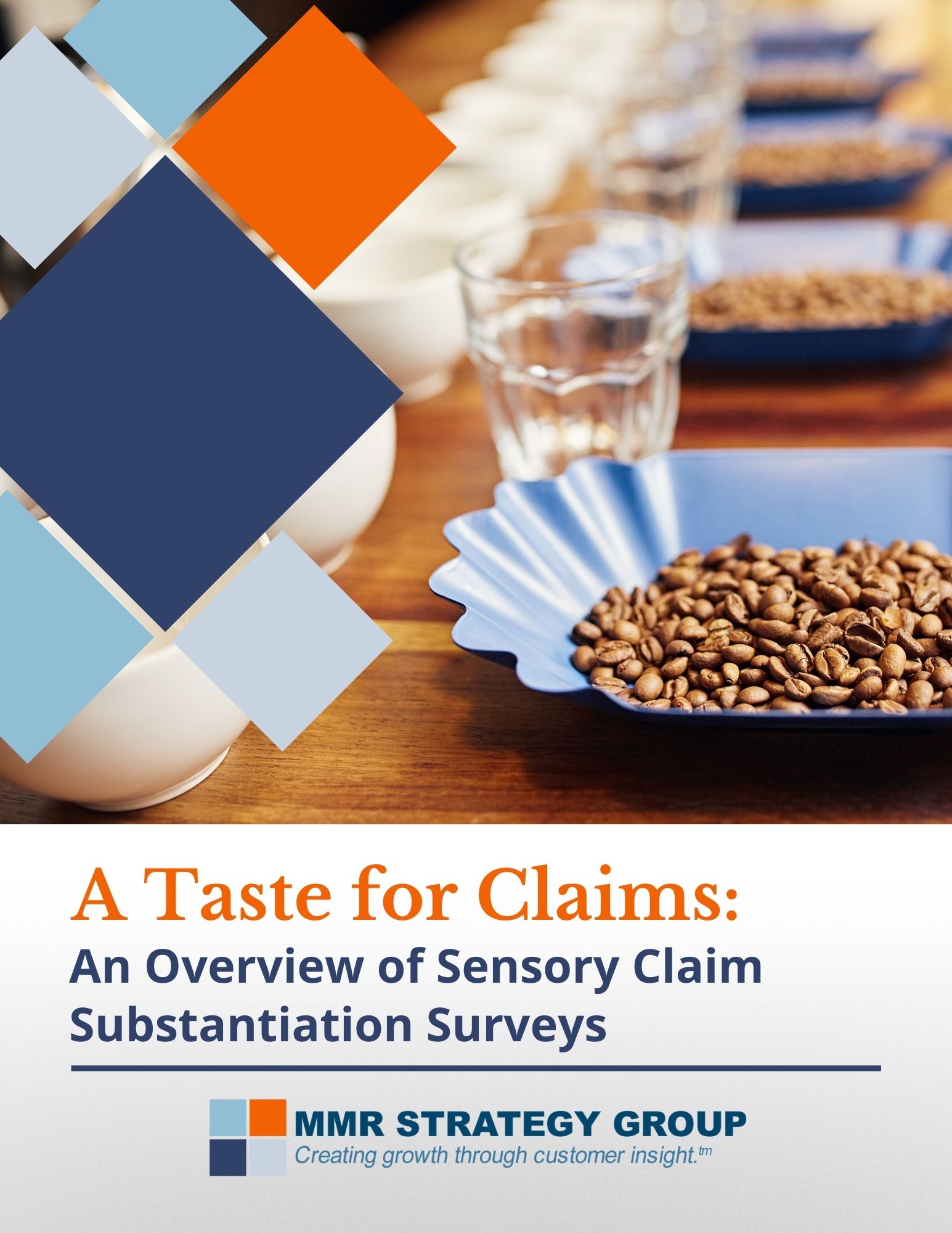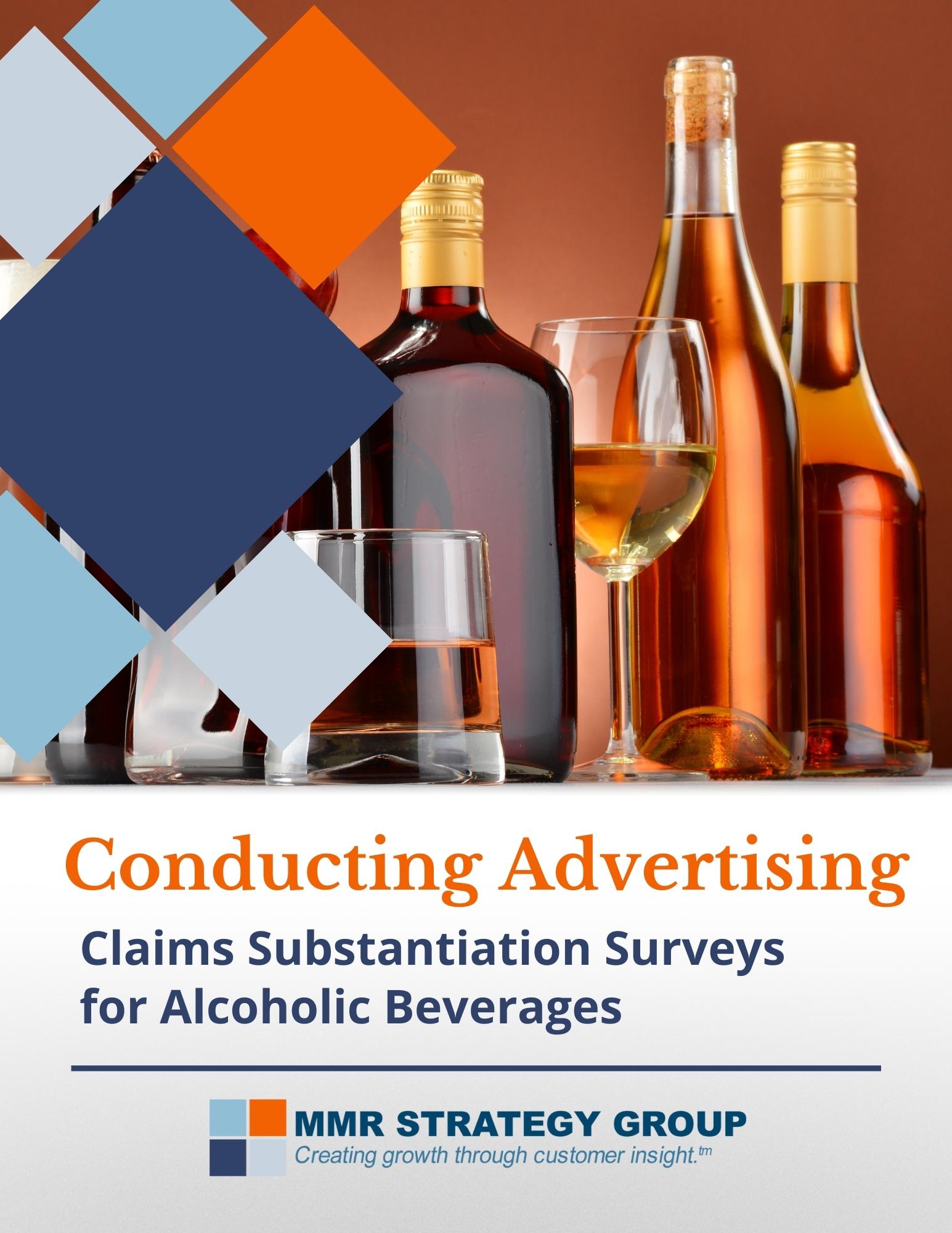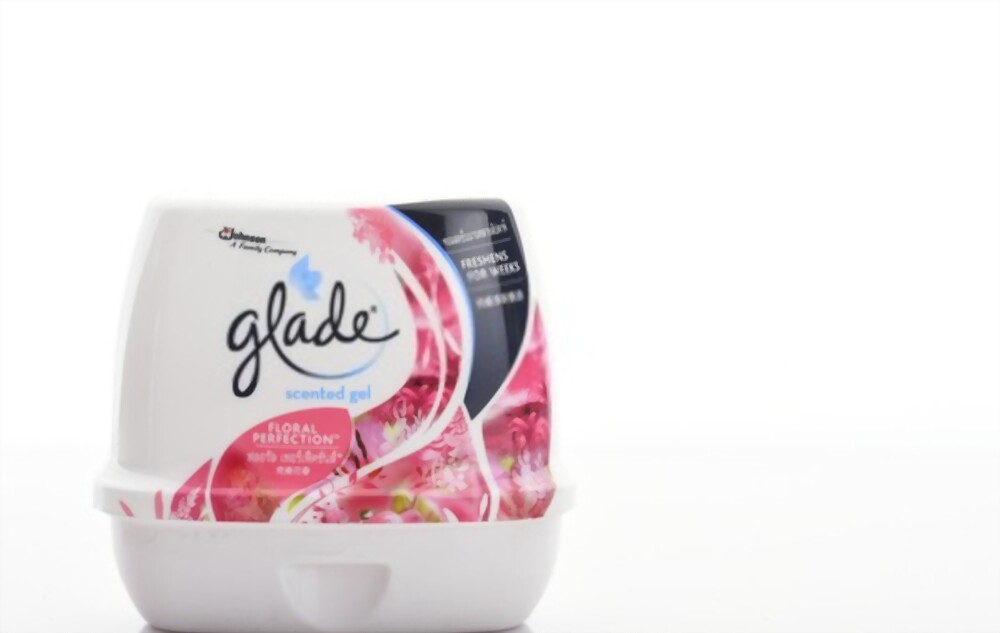Advertising Claim Substantiation Library
Welcome to the MMR Strategy Group library for advertising claim substantiation. Case studies of our work describe our experience with substantiating advertising claims using surveys. Our blog posts provide information for marketers and advertising agencies looking for ways that surveys can substantiate their advertising claims. MMR white papers describe research methodologies, regulations, and guidance regarding advertising claim substantiation. For updates on advertising claim substantiation, sign up for our newsletter.
Advertising Claim Substantiation Case Studies
MMR Strategy Group experts conduct surveys for clients that need to substantiate their advertising claims. We substantiate claims made in advertising, packaging, and other types of marketing communications across a variety of consumer, healthcare, and professional services industries, including real estate, test preparation, hair care products, food, skincare, and alcohol. Our case studies show how we use in-home use tests, central location tests, and online surveys, to name a few.
Advertising Claim Substantiation Blog
What are the claims, who are the challengers, what are their complaints, and how can regulators use surveys to resolve those disputes? This is the focus of our advertising claim substantiation blog. We also examine new ways claims are being made and best practices in survey methodology.
Advertising Claim Substantiation White Papers
How are claims substantiated? What are the standards of measurement for claim substantiation? Who regulates claims? What survey methodologies are appropriate to substantiate marketing claims? When do marketers need to substantiate claims? All of these questions, and more, are answered in detail in our advertising claim substantiation white papers.

A Taste for Claims: An Overview of Sensory Claim Substantiation Surveys

Conducting Advertising Claims Substantiation Surveys for Alcoholic Beverages

Introduction to Advertising Claim Substantiation Surveys
Sign up for our newsletter to stay up to date.
"*" indicates required fields
Advertising Claim Substantiation FAQ
At the heart of any advertising claim is an appeal to a buyer to purchase a product or service based on some type of evidence–objective or subjective–that makes a product or service more attractive than its competitor. Claims are a tool of marketing communications and product advertising, designed to align you with the intended audience for a product or service. Advertising claims in the form of visuals, written messaging, or broadcasting play a critical role in choosing certain products or services, but they can be misleading.
Do you notice yourself making choices based on what is most comfortable or familiar? This is known as the mere exposure principle. Advertisers use this principle and others to gain trust in their product or service claims. Employing spokespeople to represent products, using language to imply superiority of their product over a competitor, implying that a user is superior for using the product or service, or claims of fact are all ways that advertisers and marketers look to gain trust with an audience. When certain claims are deemed deceptive, businesses may face federal, state, and civil consequences. These consequences are designed to protect consumers and penalize companies who publish unfair, misleading, or deceptive claims. To read more on Advertising claims substantiation, see our featured white paper.
Because the law requires it and because your past, present, and future customers deserve it. Not only is claims substantiation a critical part of the advertising legal compliance process, but it is also a critical part of launching your business, product, or service. Advertising claims substantiation and legal compliance protect your company and also–when conducted as part of a product marketing roadmap–help you refine your target audience.
You need to substantiate claims–objective or subjective, express or implied. Failure to substantiate claims may result in federal, state, or civil penalties. If you are launching a product, brand, or service, and you make claims that are unsubstantiated or publish unfair or misleading advertisements online, in print, via broadcast, or otherwise, you can be brought to federal or state court or a voluntary dispute resolution forum by competitors. Claims regulatory compliance is important and failure to comply can cost you your business. Here are some ways in which an unsubstantiated ad could cause problems.
- Federal Trade Commission: The FTC has the authority to investigate, file a formal complaint, and put the advertiser into administrative proceedings that function as a court case. Additionally, The FTC may sue advertisers in federal court without first going through its administrative process, when a party “is violating, or is about to violate” a law enforced by the FTC.
- Competitors may sue advertisers in federal or state court, depending on the jurisdiction of the claim, or they may go through a non-court alternative dispute resolution forum called the National Advertising Division (NAD) of the Better Business Bureau. The NAD functions as both a mediator of disputes brought by others and an enforcement agency, bringing cases without a consumer complaint if it believes an advertiser is violating the law.
- Consumers may join cases in a class-action false advertising suit brought in federal court.
- State Regulatory Agencies: State consumer protection offices and attorneys general may bring a lawsuit under their own states’ consumer protection, false advertising, or unfair competition laws.
If you are launching a business or facing an investigation of your claims, and require research to substantiate your advertising claims, contact MMR to discuss how we can help.
Part of making advertising claims that are “reasonable” is ensuring that the audience you are targeting will understand the meaning you intend. To find this audience and determine if it understands your claim as you intend, you may need a survey. Reputable consumer research firms, whose research adheres to standards established by regulatory agencies and governing bodies, conduct surveys based on accepted design and methodologies. These surveys typically include controls, survey methods appropriate to the claim and product, clearly worded questions, a statistically adequate number of respondents, and adherence to legal or regulatory precedents.
If you would like more information, we offer complete information on advertising claims in our white paper. MMR Strategy Group has worked with companies in nearly every industry, and we would be happy to speak with you about your project and your needs.





